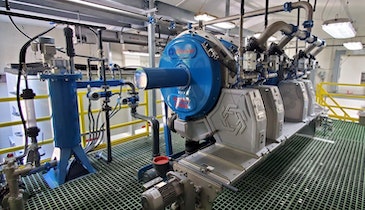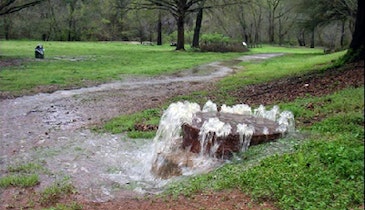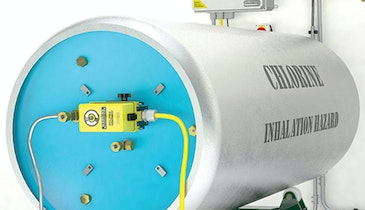A professor from the University of Missouri says his lab detected the Delta variant of COVID-19 in wastewater weeks before the first case was reported in the state. Missouri is currently amidst a surge of the variant.
“We detected it in the first wastewater facility on May 10, a week later we saw it in four different wastewater treatment facilities and by the third week it was everywhere,” Marc Johnson, who is leading a study about COVID-19 in wastewater, told FOX 2 Now News. “It was across the state, all different parts.”
US Water And Wastewater Contract Operations Market Report Shows Sector Continues to Build Momentum
The National Association of Water Companies has released the 2020 edition of the Contract Operations Report, a report intended to raise awareness of the water service solutions available to municipal, regional, and federal utility owners.
The report, produced in partnership with Mazars USA, compiles survey data on the contract operations of water and wastewater utilities, with the goal of measuring industry growth and the performance of the private sector involved in these operations. This year’s report compares the latest data to the 2019 findings, better illustrating trends and sector performance.
Some of the key 2020 findings were that demand for contract operations services continues to grow; a high overall customer retention rate (99.7%) indicates excellent customer satisfaction within the contract operations industry; and a full contract operations and maintenance model continues to be the prevailing form of public private partnership, rather than the more complex Design Build Operate or concession models.
For more information and to download the full report, click here.
Researchers Develop Early Warning System for Cholera in Water
University of Rhode Island Professor Ali Shafqat Akanda and a team of researchers have developed an application for smartphones called CholeraMap to serve as an early warning device for the risk of cholera in developing nations' water.
CholeraMap creates early-warning risk maps based on environmental conditions derived from NASA satellite observations. The risks are communicated to the smartphones of villagers in Bangladesh, who had input in the design of the app.
Read more about the project here.






